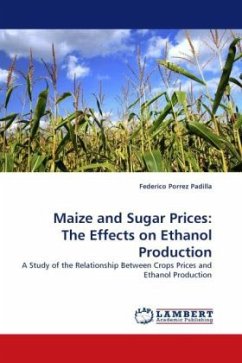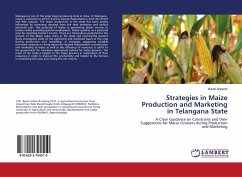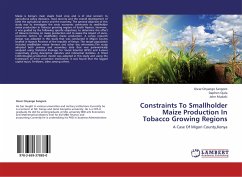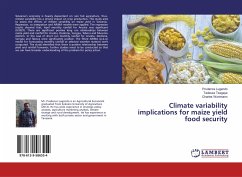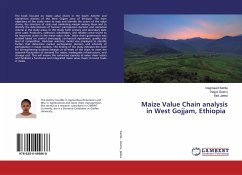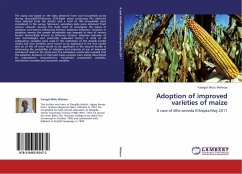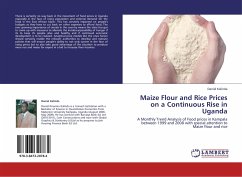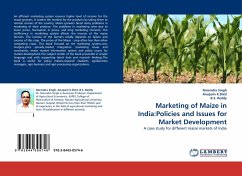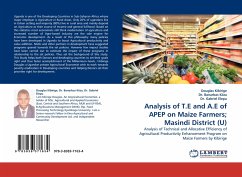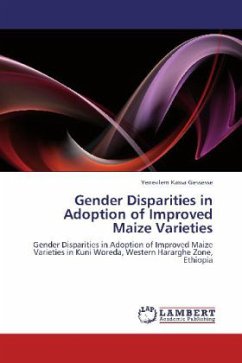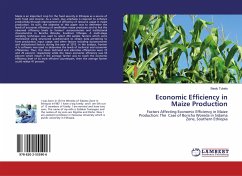
Economic Efficiency in Maize Production
Factors Affecting Economic Efficiency in Maize Production: The Case of Boricha Woreda in Sidama Zone, Southern Ethiopia
Versandkostenfrei!
Versandfertig in 6-10 Tagen
36,99 €
inkl. MwSt.

PAYBACK Punkte
18 °P sammeln!
Maize is an important crop for the food security in Ethiopia as a source of both food and income. As a result, due emphasis is required to enhance productivity through improvement of efficiency of resource usage in maize production. As such, the objective of this paper was to determine the levels of economic efficiency of smallholder maize producers and to link the observed efficiency levels to farmers' socioeconomic and institutional characteristics in Boricha Woreda, Southern Ethiopia. A multi-stage sampling technique was used to select 204 sample farmers which were interviewed using structu...
Maize is an important crop for the food security in Ethiopia as a source of both food and income. As a result, due emphasis is required to enhance productivity through improvement of efficiency of resource usage in maize production. As such, the objective of this paper was to determine the levels of economic efficiency of smallholder maize producers and to link the observed efficiency levels to farmers' socioeconomic and institutional characteristics in Boricha Woreda, Southern Ethiopia. A multi-stage sampling technique was used to select 204 sample farmers which were interviewed using structured questionnaire to obtain data pertaining to farm production, input usage, and other factors including socioeconomic and institutional factors during the year of 2013. In the analysis, frontier 4.1c software was used to determine the levels of technical and economic efficiencies. Thus, the mean technical and allocative efficiencies were 72 and 70 percent, respectively while the mean economic efficiency was 53 percent which means if the average farmer was to reach the economic efficiency level of its most efficient counterpart, then the average farmer could realize 41 percent.



